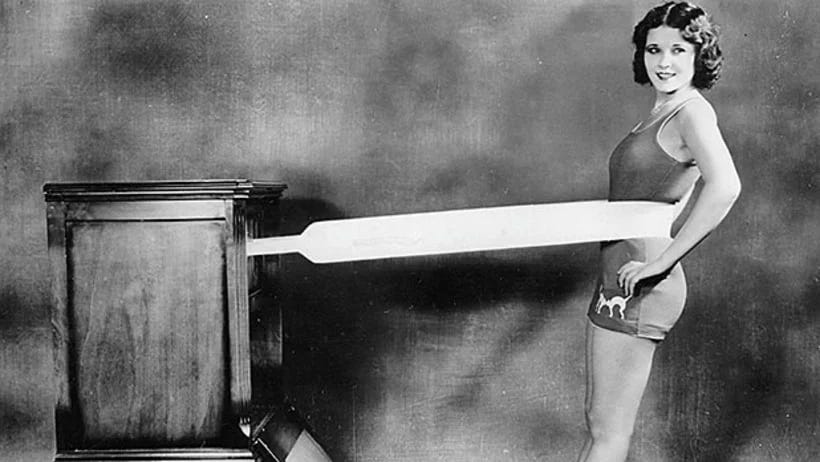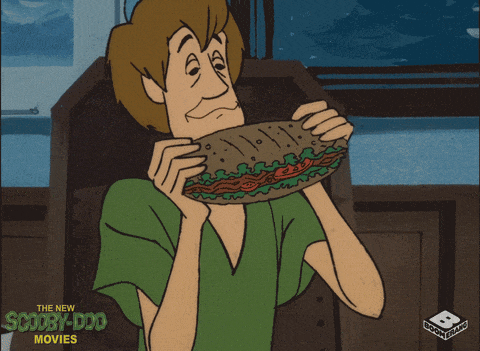Should I lose weight to go faster?
Maybe, but starving yourself rarely leads to performance gains, so let's discuss!
Sometimes, it makes sense to drop a few pounds if you have a specific goal in mind. But most of the time, when it comes to weigh loss for amateur athletes, my preferred program is the Donnie Brasco Diet.
In other words, fuhgeddaboudit.
If you train in a vaguely smart way and eat a mostly clean diet, your body will most likely land at a healthy weight. Note that I didn’t say you’ll become skinny. I said “healthy”— and healthy is all most of us need, frankly.
Of course, eating a “mostly clean diet” is harder than it sounds. That’s why I set up the Clubhouse to help NPB athletes fine-tune their eating. Please check it out!
Thanks. Seriously, though, I want to lose weight.
In many situations, losing weight can make you faster, but not always. Power-to-Weight Ratio is the amount of power you can output in watts divided by your weight in kilograms. It is of varying importance depending on your sport. Cyclists who focus on climbing find it very important because they want more power to propel themselves, but they don’t want to lug a bunch of weight uphill. On the other hand, swimmers don’t really need to worry about Power-to-Weight Ratio given fat floats on water. (Open ocean swimmers oftentimes want that extra fat for insulation.)
Improving your Power-to-Weight Ratio isn’t as simple as dropping calories. When you lose weight, you’ve not consumed enough calories to fuel your activities, so your body mobilizes its emergency fuel stores—body fat. However, your body really likes to hold onto these emergency stores, so when you lose weight—particularly when you do it quickly—you also break down muscle for use as fuel.
When you lose muscle, you also lose power. Most non-athletes probably won’t notice this. But when it comes to athletes, the loss of power can be extremely obvious. And frustrating.
Let’s go back to cycling. Generally, skinnier cyclists tend to be better climbers. However, riding on flat surfaces can be an equalizer. Gravity doesn’t matter as much. Bigger riders often have more muscle and therefore more power, so they may go faster on a flat course.
It’s really a question of your goals.
It’s like you’re trying to talk me out of losing weight.
I’m not trying to talk you out of anything. Again, my point is that proper diet and exercise will probably land you at a healthy size without requiring a weight loss mentality. Beyond that, there are factors to consider.
Weight loss for highly active people in the absence of proper fueling can be super damaging. One notable example is the female athlete triad, where women athletes who train too hard and eat too little can experience menstrual dysfunction and low bone mineral density.
But this dichotomy impacts any gender via a syndrome called relative energy deficiency in sport (RED-S). Instead of typing out the laundry list of issues that RED-S causes, I’m just going to name one: hypogonadism. I don’t know about you, but keeping my boys in top shape is high priority for me. So, yeah… no, thank you!
Here are a few early warning signs that you’re working out too much and not eating enough:
You constantly bonk during training
Exercise performance continues to decrease
You feel terrible all the time
You can’t sleep
If these things start happening to you, consider slowing your roll and eating a sandwich.
You’re not answering my question. Is this like one of those annoying culinary blogs where the recipe is way at the bottom so you need to scroll all the way through?
No. I don’t do that SEO stuff. Also, there’s a good chance you’re reading this in email form—and emails don’t work that way.
If you really want to focus on weight loss for better performance, it’s important to focus on maintaining muscle mass. There are a few ways you can do this.
Lose weight slowly. Guarding fat stores is largely a stress response. A small deficit is less stressful, therefore your body should be more willing to let go of adipose tissue. Shoot for a 500-calorie daily deficit at most.
Focus on protein. Your body uses dietary protein to build and repair muscle. Make sure you have enough. How much you need depends on the individual. Consume 20g-30g of protein, four to five times a day, adjusting for your size and how intensely you work out.
Don’t let workouts suffer. Exercise helps preserve muscle mass during weight loss. This applies to both endurance and resistance training, but science seems to think resistance training does a better job, so don’t leave that out of your program.
And be on high alert for those four warning signs I mentioned earlier.
There’s nothing wrong with losing a few pounds if you think it’ll help you go faster. I do it sometimes myself. But it’s important to check in with yourself to make sure it’ll truly benefit you. Then do it in a smart way. And know when it’s time to stop.
Otherwise, again, fuhgeddaboudit.







Good stuff here, Denis, as usual. It brought to mind a question I've had that maybe you can cove in a future post, which is, does our metabolism slow as we age, and if so, how can we counter it / account for it in our workouts?